How To Get Rid Of Period Bloating: Home Remedies You Can Try
Keep bloating and discomfort at bay when Aunt Flo visits with natural concoctions.
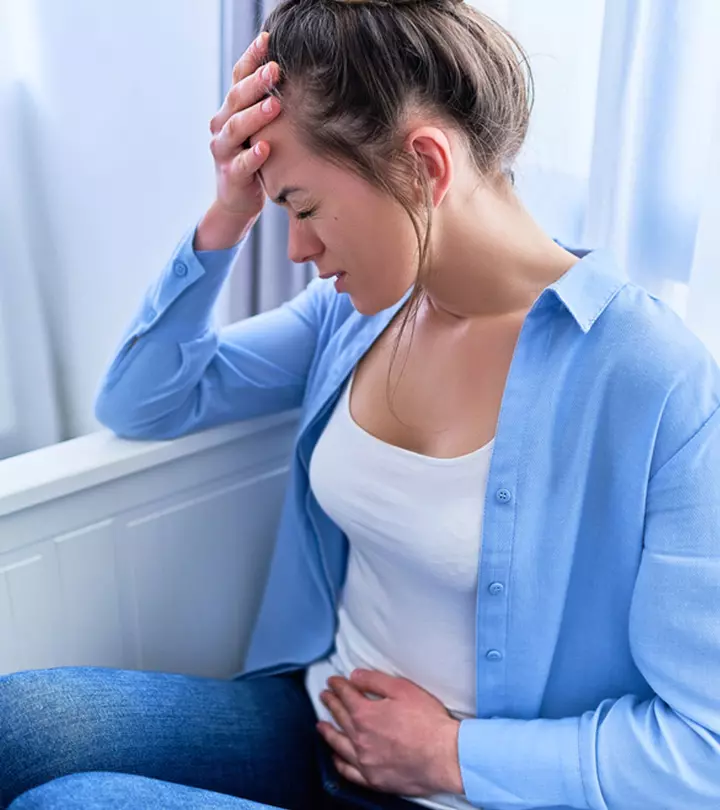
Image: Shutterstock
In the days leading up to and during your period, you can experience a symptom that is not talked about much – period bloating. Bloating during your period can make you feel sluggish and causes stomach pain and gas. However, there are home remedies for period bloating. What are they? Read this article to learn what causes period bloating in the first place and how to get rid of it with a few home remedies.

In This Article
What Is Period Bloating?
Period bloating is a normal occurrence when you are menstruating. It is characterized by swelling and tenderness in the abdominal region and other parts of your body. It may also make you feel like you have gained weight.
Bloating generally occurs when you begin to menstruate and subsides in a couple of days into your menstruation cycle. You cannot completely prevent bloating before and during a period, but you can try out a few home remedies that may ease your period bloating.
But before you try these bloating remedies, it is important to understand what causes bloating during the course of your period. Find out more in the next section.
Key Takeaways
- Period bloating is a common condition of menstruation. It can also make you feel as if you have put on weight.
- Changing your diet, exercising regularly, getting high-quality sleep, staying hydrated, using aromatherapy, and sipping chamomile tea may help you reduce period bloating.
- Visit your doctor if none of these solutions help and you still feel bloated after your period.
Causes Of Period Bloating
While researchers are yet unable to accurately determine the cause of bloating during period, they suspect a couple of probable causes.
One of the most probable causes of period bloating may be due to the changes in your estrogen and progesterone levels during the luteal phase of your period. During this phase, the progesterone level in your body drops, causing your stools to firm up and delay their movement in your gastrointestinal tract. This makes you feel full and bloated (1).
Changes in progesterone levels can also lead to edema (retention of fluid in the body), which may cause you to feel bloated and experience swelling in your legs and breasts, especially right before the period (2).
Apart from hormonal changes, bloating during your period may also be caused by the following factors:
- Premenstrual syndrome (PMS) (3).
- Improper BMI and obesity (3).
- A lifestyle that includes smoking and drinking.
- Excessive consumption of fried and oily food.
- Lack of physical activity and exercise.
A study conducted on 350 Bulgarian women aged between 18 to 50 found that 84.7% of women experienced abdominal bloating as one of the symptoms of PMS. Furthermore, 20.5% experienced mild bloating, 50.6% experienced moderate bloating, and 28.9% experienced severe abdominal bloating during premenstrual syndrome (PMS).
The causes of period bloating may directly influence its duration. Check out the next section to know more about how long period bloating lasts.
How Long Does Period Bloating Last?
Period bloating usually begins a few days before menstruation and can extend into the first few days of the cycle. Hormonal changes trigger water retention and increased abdominal pressure, causing discomfort. Though individual experiences vary, symptoms often ease as the menstrual cycle progresses. Adopting habits like regular exercise, a balanced diet, and adequate hydration can help manage bloating. However, consult a healthcare professional to rule out underlying concerns if the condition is persistent or severe. You can also try exploring personalized strategies for relief during the menstrual cycle.
Understanding the causes and duration of bloating may help you tackle the situation better the next time you have your period. There are a few home remedies that may help reduce period bloating. Find out more about them in the next section.
How To Get Rid Of Period Bloating – Home Remedies
There are various home remedies for bloated stomach that are not a sure-shot fix for everyone experiencing period bloating, but they might work for some people. Factors like age, physical activity levels, and dietary habits play a role in this type of bloating. That being said, here are a few remedies that may help reduce bloating during your period.
1. Modify Your Diet
Making a few simple dietary changes may help reduce bloating during your period.
- Reduce the portion of your meals and increase the frequency of consumption. This may help you feel less stuffy and reduce the sensation of feeling full.
- Avoid eating salty food as it may cause fluid retention and make you feel bloated (4).
- Stay away from caffeine and caffeinated beverages as they can increase premenstrual symptoms, including bloating. They may also prolong your period or cause irregular periods. This translates into feeling bloated for a longer duration than your regular cycle (5).
- If you cannot give up your morning cuppa, you could consider replacing it with decaf options.
- Avoid eating vegetables like beans, brussel sprouts, and broccoli as they contain a complex sugar called raffinose which may cause gas, flatulence, and bloating (6).
Rita Maro, a blogger, shares in a blog post how making changes in her diet reduced the severity of bloating. She says “I stopped consuming dairy products, which I don’t usually take, but nothing changed, so I decided to alter my diet plans. I cut back on the amount of food I ate, ate dinner by 7 p.m., started drinking only cucumber water, which I still do today, and avoided night snacks, which was a challenge because I was used to doing so and this change left me feeling hungry at night. So I drank water every time I woke up late at night (i)”.
 Quick Tip
Quick Tip2. Exercise Regularly
Working out during your period is probably the last thing on your mind. However, studies suggest that women who exercise regularly report fewer PMS symptoms, like bloating, compared to women who don’t (8). Do a light workout (like yoga) and avoid strength training and intense workouts during your periods.
3. Get Good Quality Sleep
A drop in the progesterone level in your body during your period can cause bloating. Try to get 8-9 hours of sleep during your period, as it may help you feel less stressed and restore your progesterone levels. This may help in treating not only period bloating but various other symptoms of the premenstrual dysphoric disorder (PMDD) (9).
4. Stay Hydrated
Drinking enough water during your period and on the days leading up to it may help reduce some of the symptoms of dysmenorrhea (painful menstrual periods), including bloating (10). There is no fixed quantity of water that you should drink during your periods as it differs based on your lifestyle and physical activity levels.
5. Try Aromatherapy
Studies suggest that inhaling plant-based extracts and essential oils may help reduce bloating and other PMS symptoms. Extracts of lavender and citrus plants seem to work the best (11).
6. Drink Some Chamomile Tea
Chamomile tea has anti-spasmodic and therapeutic properties that are helpful in relieving various symptoms of PMS (12). Consider keeping some chamomile tea handy when you know your period is just around the corner.
 Quick Tip
Quick TipApart from these home remedies, you can also try some other remedies that involve OTC medicines.
Other Remedies For Period Bloating
Some of these remedies involve taking OTC medicines that are easily available. However, you should consult your doctor before taking some of these medicines.
1. Consider Taking Birth Control Pills
A study published in the American Journal Of Obstetrics And Gynecology suggests that taking birth control pills may help reduce period bloating (14). However, some women do complain about feeling bloated even after taking the pill. So, it is best to consult with your OBGYN as the pill can have different effects on different women.
2. Try A Gas Relief Tablet
You can consider popping an OTC gas relief pill or tonic to release some of the excess air from your gastrointestinal tract and reduce bloating.
3. Try Taking A Diuretic
Diuretic tablets help increase urine production which, in turn, helps in getting rid of water from your body and reducing water retention (15). You can also eat fruits and vegetables like cucumbers, and pineapples, which are natural diuretics (16).
You can try any of these home remedies or other remedies and figure out which one works best for you. But, what if they don’t work? Do you need to see a doctor? Find out in the next section
When Should You See A Doctor?
Bloating before or during your period is quite normal and does not need medical care. You should consult a doctor if you continue to experience bloating after your period or if it hinders your regular activities to a significant extent. It is important to get medical help if you suffer from severe pain, bloating that persists after your period, or any other strange symptoms like nausea or vomiting. These can point to underlying medical conditions that need to be evaluated by a specialist. If your symptoms are interfering with your everyday activities or are accompanied by other serious symptoms, like heavy bleeding or irregular cycles.
Period bloating is common and often goes unnoticed for most women. However, being aware of its occurrence can help you deal with the discomfort better. You can try any of the above home remedies for period bloating reduction. Avoiding salty, sugary, or caffeinated food, staying well hydrated with some form of mild exercise can help get things moving for you every way. While periods are inevitable for women, being aware of the above tips and tricks can help reduce the associated pain and discomfort.
Frequently Asked Questions
When is bloating the worst during period?
Bloating is the worst on the first day of the period as the body holds the most water and fluids due to fluctuating hormone levels during this phase.
What foods help with period bloating?
Potassium rich foods may help reduce period bloating. Some rich sources of potassium include dark leafy greens, bananas, tomatoes, and avocados.
Do you lose weight after your period?
You lose the water weight gained during your menstrual cycle within a week after your monthly period ends.
Does lemon water reduce bloating?
Lemon water may reduce bloating by acting as a diuretic and helping the body release more water through urination.
Ensure effective combating of period bloating with the help of expert tips, including hydration strategies, diuretics, and dietary adjustments. Check out the video for comprehensive guidance on reducing period bloating with easy steps for guaranteed results.
Personal Experience: Source
StyleCraze's articles are interwoven with authentic personal narratives that provide depth and resonance to our content. Below are the sources of the personal accounts referenced in this article.
(i) Why Do I Get Bloated Even After I Changed My Diethttps://ritamaro.medium.com/why-do-i-get-bloated-even-after-i-changed-my-diet-d3fc4d1a18aa
References
Articles on StyleCraze are backed by verified information from peer-reviewed and academic research papers, reputed organizations, research institutions, and medical associations to ensure accuracy and relevance. Read our editorial policy to learn more.
- The Menstrual Cycle Affects Rectal Sensitivity In Patients With Irritable Bowel Syndrome But Not Healthy Volunteer
https://gut.bmj.com/content/50/4/471 - Characterization Of Symptoms And Edema Distribution In Premenstrual Syndrome
https://www.ncbi.nlm.nih.gov/labs/pmc/articles/PMC4362892/ - Factors Associated With Premenstrual Syndrome in Female High School Students
https://www.ncbi.nlm.nih.gov/labs/pmc/articles/PMC5963206/ - Renal Segmental Tubular Response To Salt During The Normal Menstrual Cycle
https://www.sciencedirect.com/science/article/pii/S0085253815482304 - Association Between Menstrual Disturbances And Habitual Use Of Caffeine
https://www.sciencedirect.com/science/article/pii/S1658361214000651 - Gas and Bloating
https://www.ncbi.nlm.nih.gov/labs/pmc/articles/PMC5350578/ - Magnesium Supplementation Alleviates Premenstrual Symptoms of Fluid Retention
https://pubmed.ncbi.nlm.nih.gov/9861593/ - The Role Of Exercise In The Treatment Of Menstrual Disorders: The Evidence
https://www.ncbi.nlm.nih.gov/labs/pmc/articles/PMC2662100/ - Sleep Hormones and Circadian Rhythms throughout the Menstrual Cycle in Healthy Women and Women with Premenstrual Dysphoric Disorder
https://www.ncbi.nlm.nih.gov/labs/pmc/articles/PMC2817387/ - The Role Of Water Intake In The Severity Of Pain And Menstrual Distress Among Females Suffering From Primary Dysmenorrhea: A Semi-Experimental Study
https://www.researchgate.net/publication/348853790_The_role_of_water_intake_in_the_severity_of_pain_and_menstrual_distress_among_females_suffering_from_primary_dysmenorrhea_a_semi-experimental_study - The Effects of Aromatherapy on Premenstrual Syndrome Symptoms: A Systematic Review and Meta-Analysis of Randomized Clinical Trial
https://www.hindawi.com/journals/ecam/2025/6667078/ - Efficacy of Chamomile in the Treatment of Premenstrual Syndrome: A Systematic Review
https://www.ncbi.nlm.nih.gov/labs/pmc/articles/PMC6970572/ - Can Estragole in Fennel Seed Decoctions Really be Considered a Danger for Human Health? A Fennel Safety Update
https://pubmed.ncbi.nlm.nih.gov/22899959/ - Physiologic And Psychologic Symptoms Associated With Use Of Injectable Contraception And 20 Μg Oral Contraceptive Pills
https://www.ncbi.nlm.nih.gov/labs/pmc/articles/PMC3558973/ - Effect Of Spironolactone On Premenstrual Syndrome Symptoms
https://pubmed.ncbi.nlm.nih.gov/3302250/ - Herbal Medicines As Diuretics: A Review Of The Scientific Evidence
https://www.researchgate.net/publication/6036648_Herbal_medicines_as_diuretics_A_review_of_the_scientific_evidence
Read full bio of Dr. Matthew Casavant
Read full bio of Sanchari Bhattacharya
Read full bio of Arshiya Syeda
Read full bio of Dipti Sharma





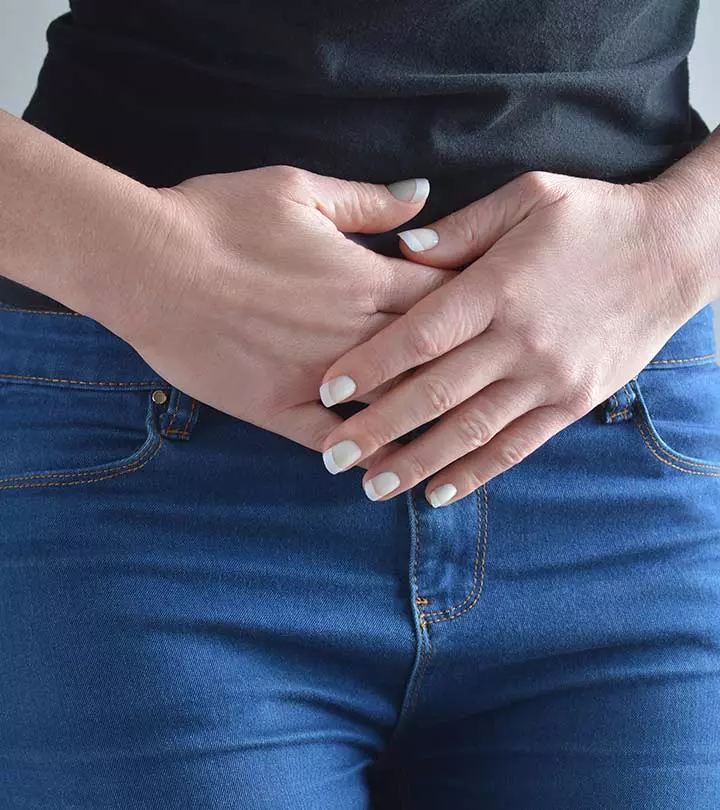
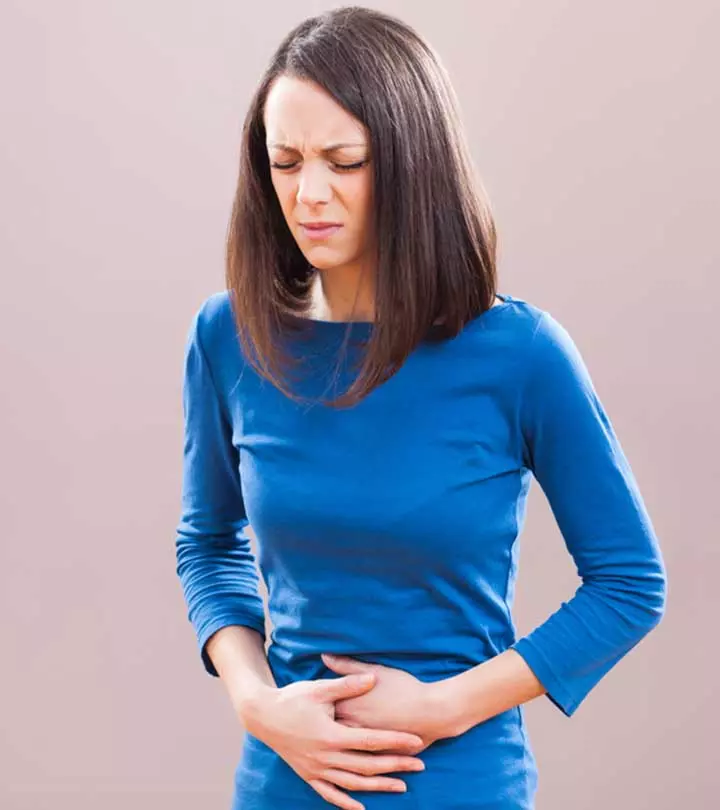
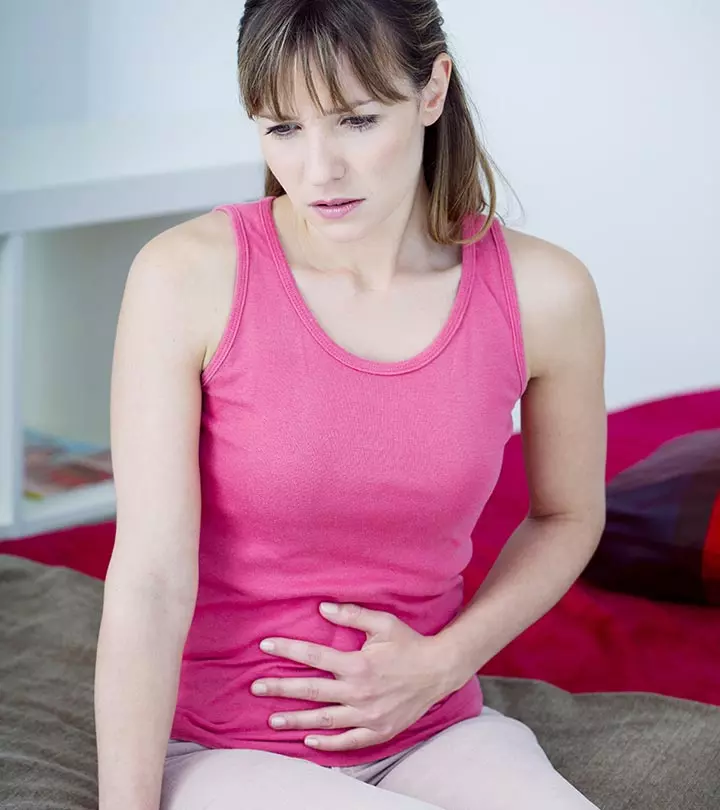
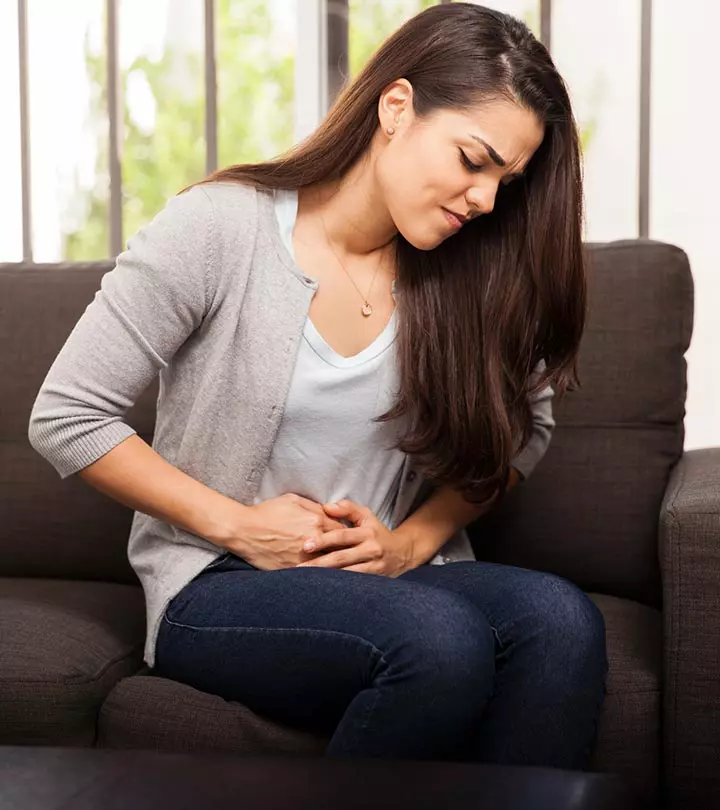
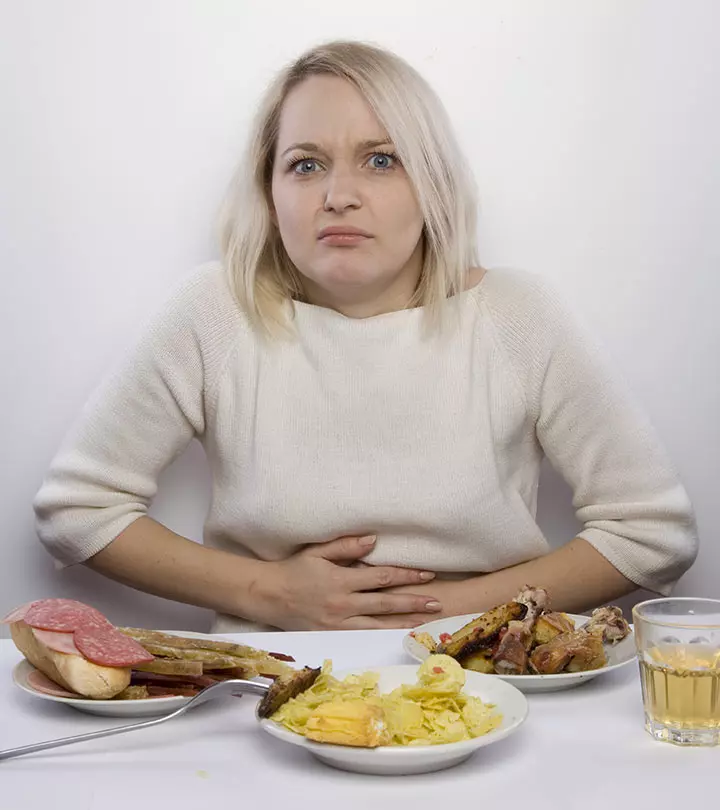
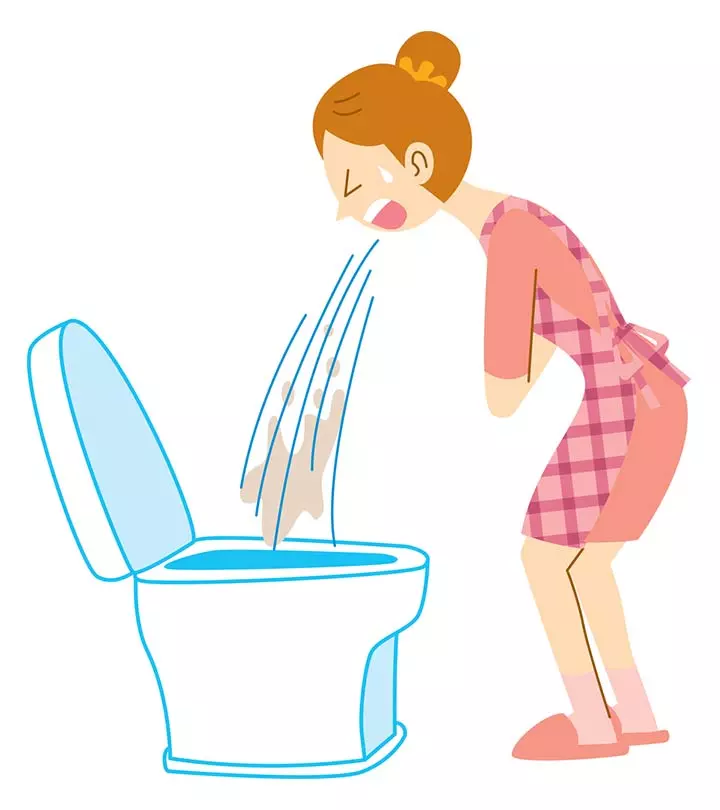
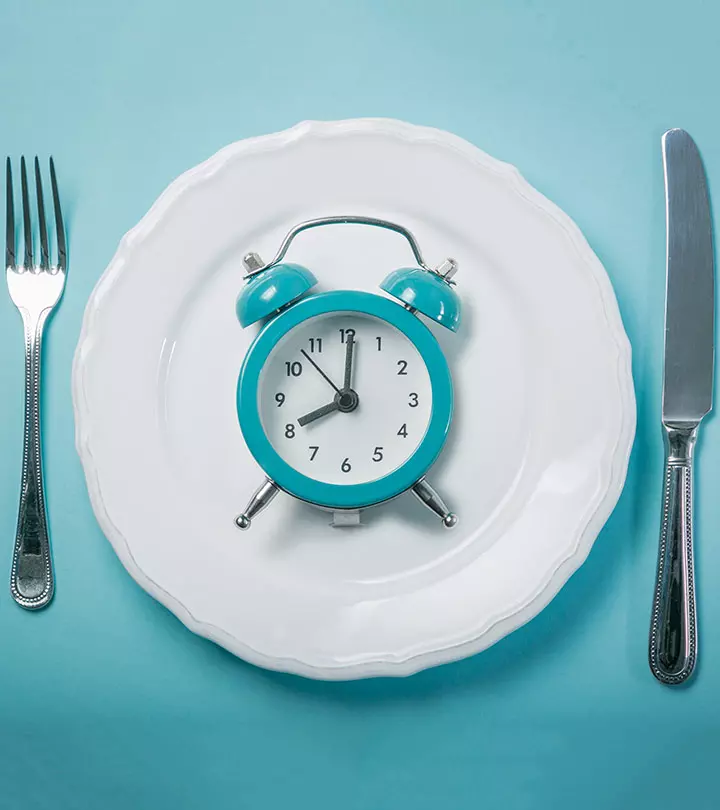
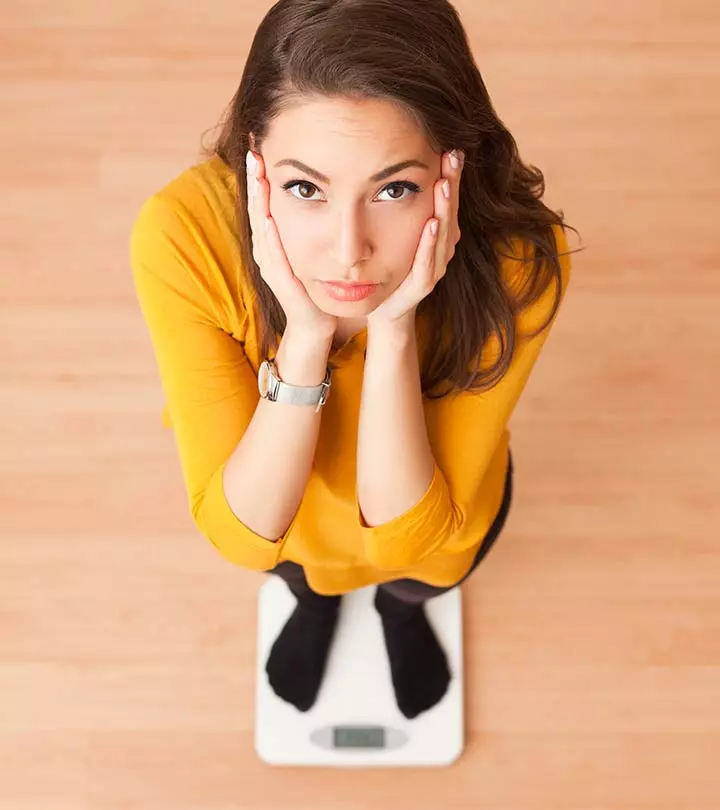
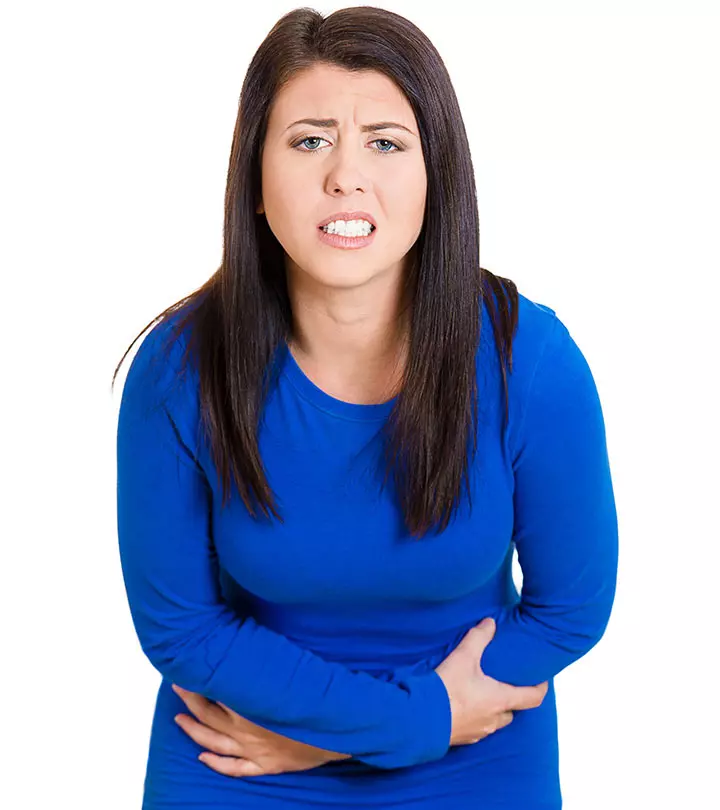
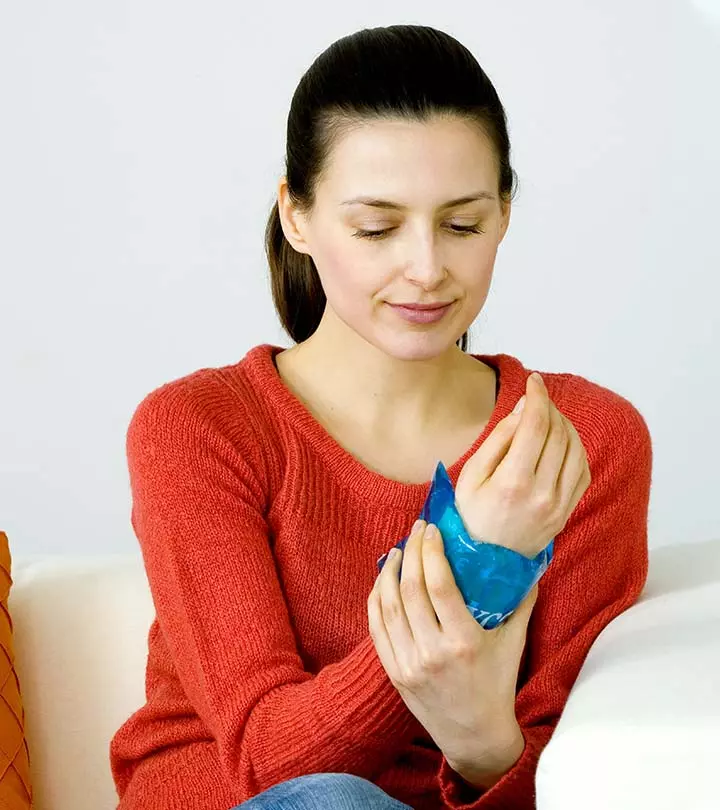
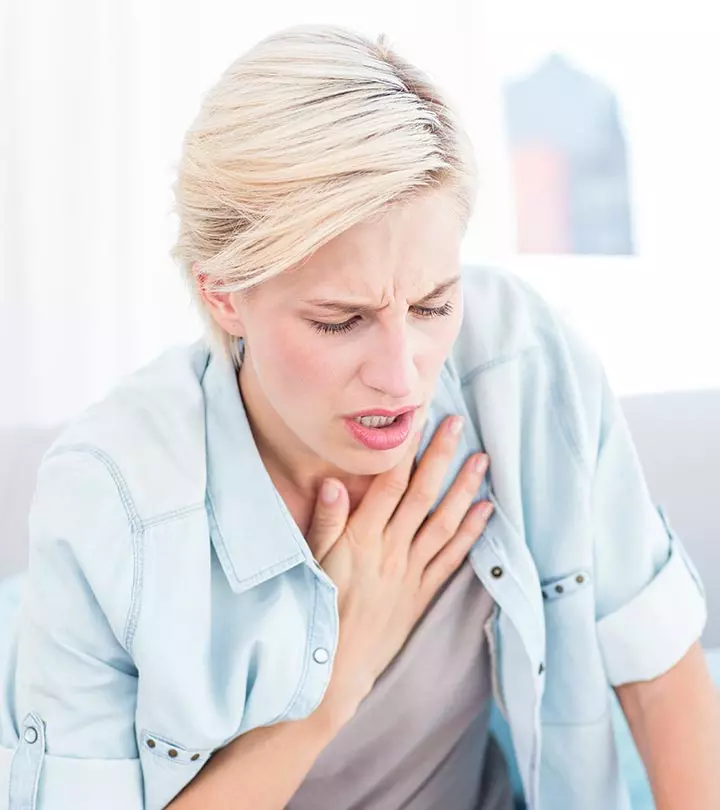
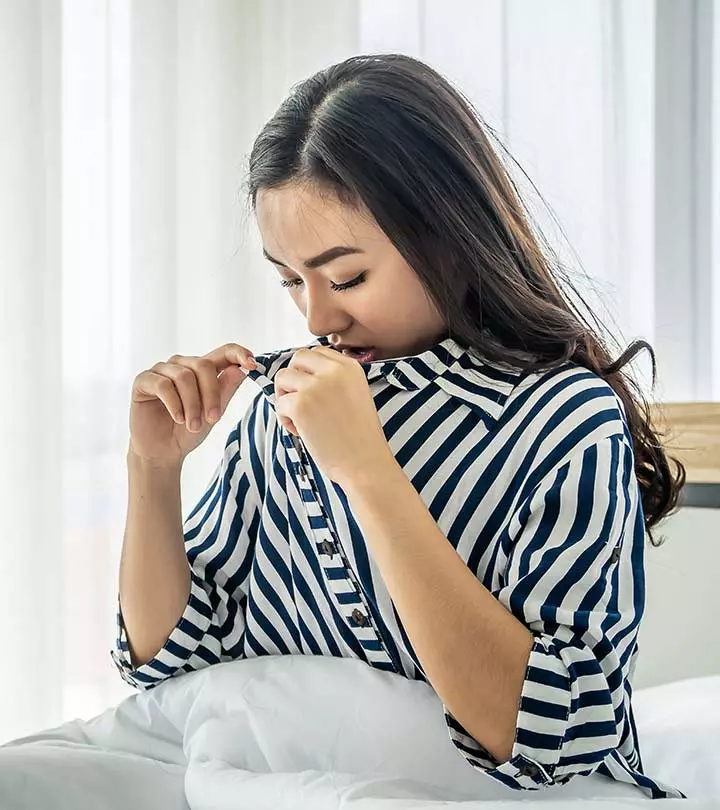
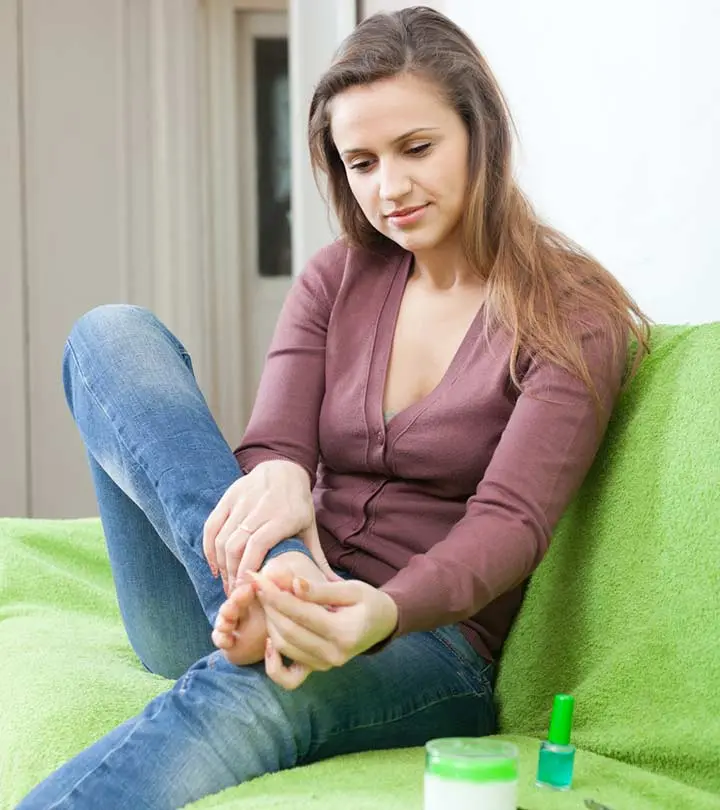

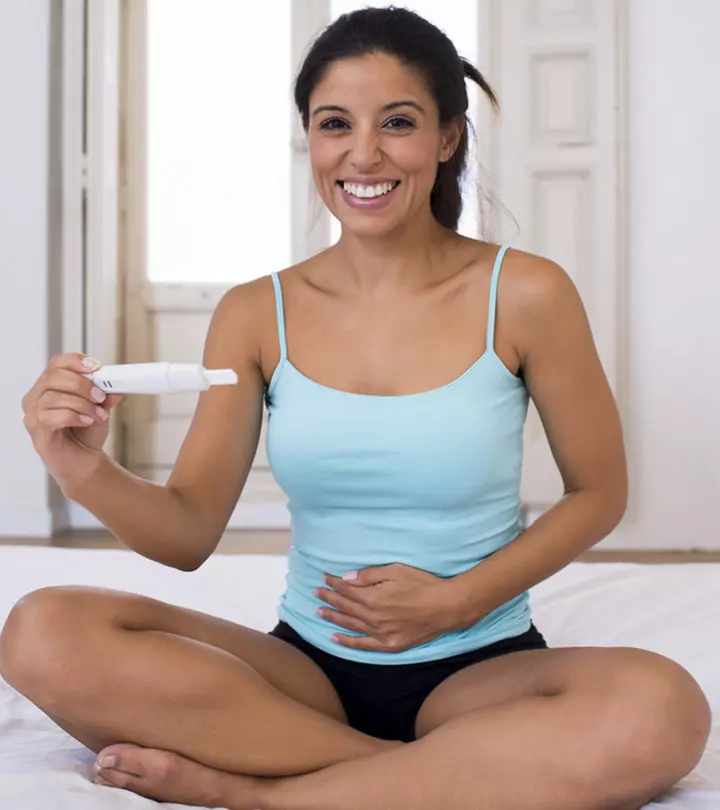
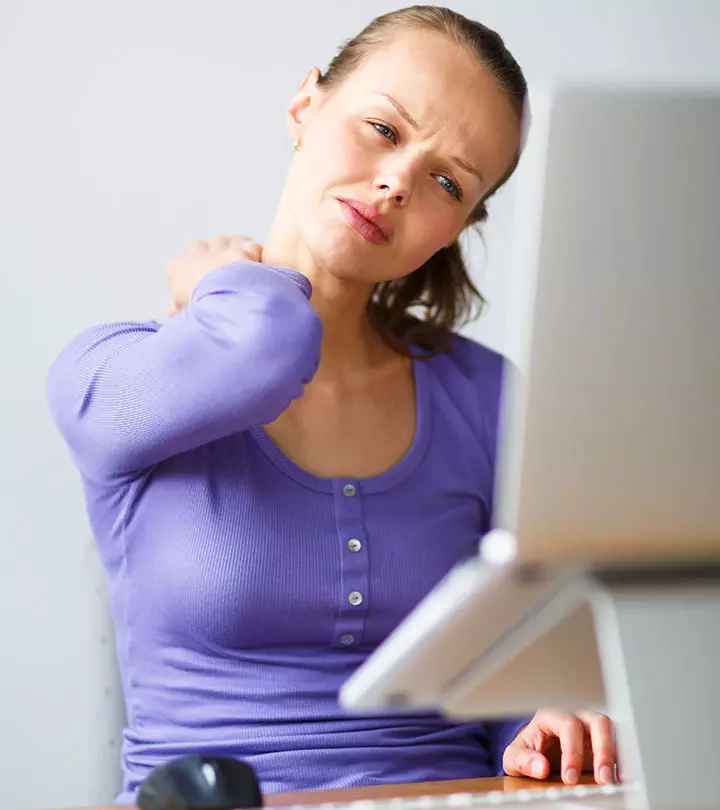
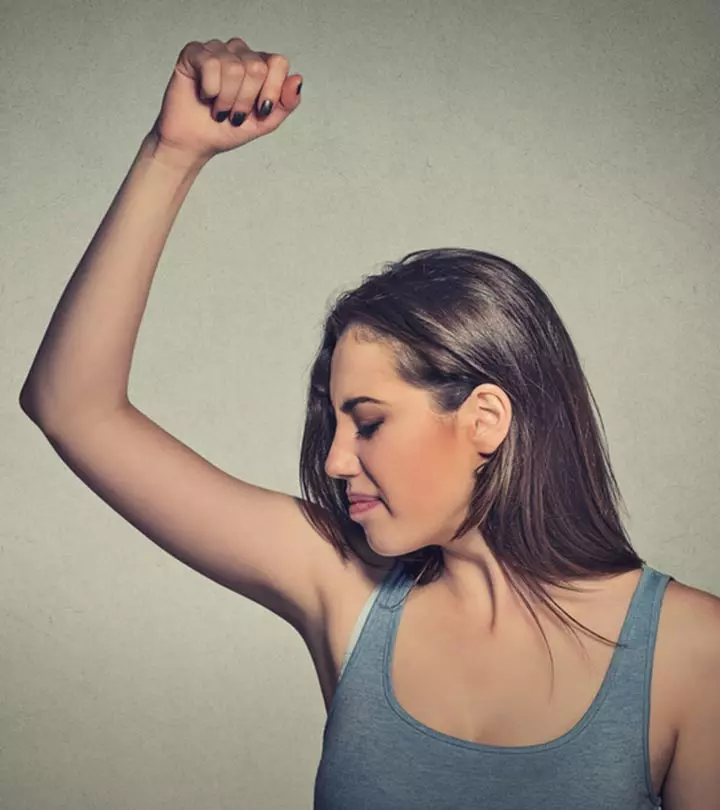


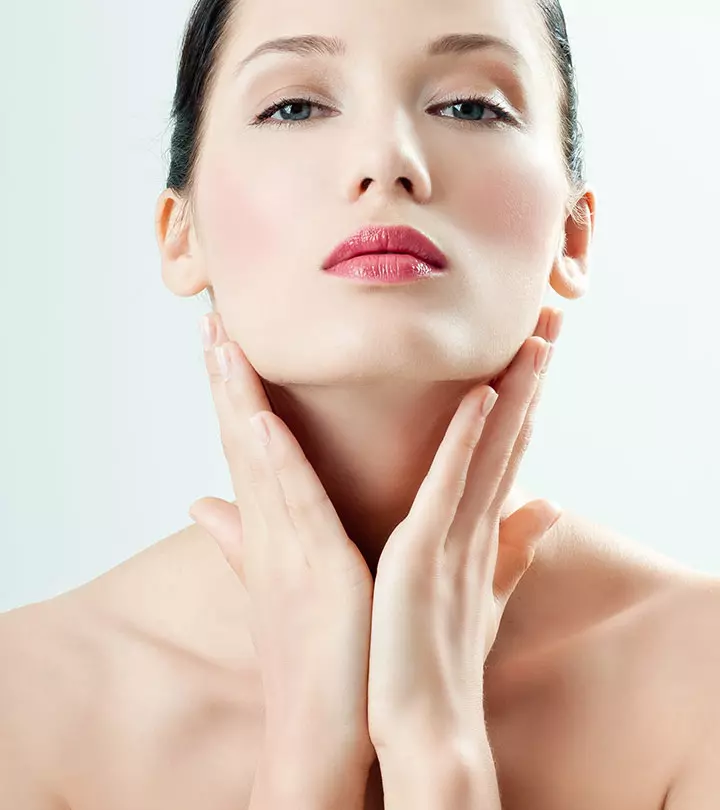

Community Experiences
Join the conversation and become a part of our empowering community! Share your stories, experiences, and insights to connect with other beauty, lifestyle, and health enthusiasts.